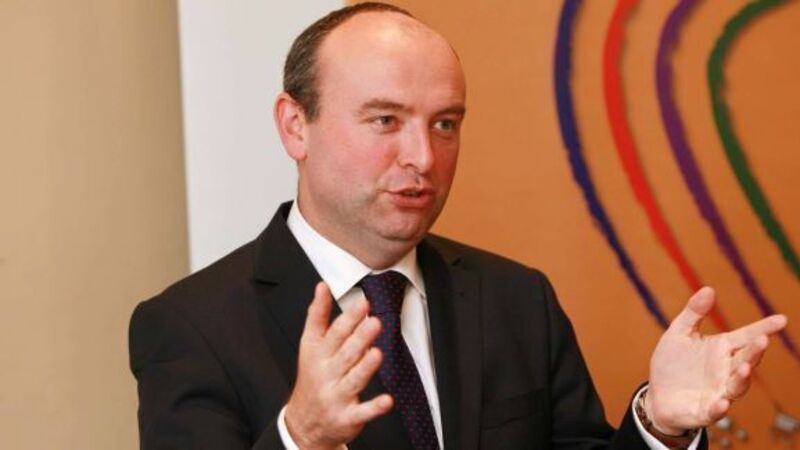Recovery to create 50,000 jobs this year: Ibec

In its first quarterly report for 2014, the business group said that despite disappointing figures in 2013, there were very encouraging signs that the recovery is gaining momentum.
Ibec has revised up its 2014 GDP growth projection to 2.9%, and said investment in the economy will increase by 21.5% — its previous projection was 15.5%. Consumer spending will increase 1.9% this year. It also predicted another good year for jobs, with 50,000 to be created and unemployment dropping to 10.9% this year and to 9.6% in 2015.













